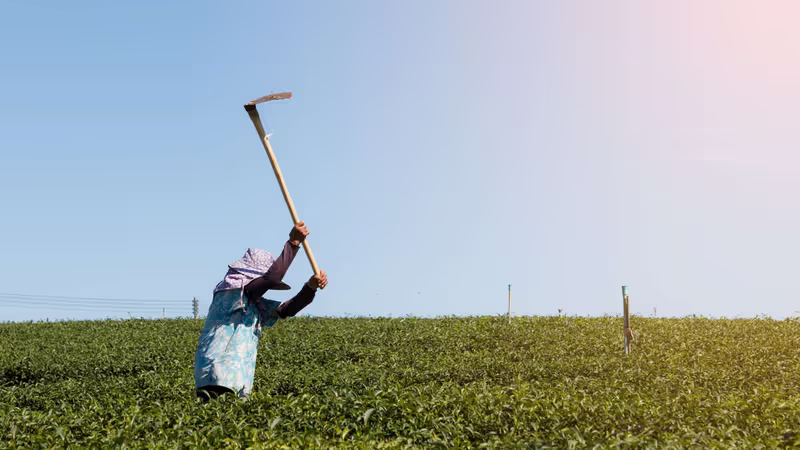| Timeline | From January 2014 to 31 December 2018 |
|---|---|
| Theme | Resource security |
| Funded by | NWO |
This project assesses the added value of two new indicators of photosynthesis observed from space: solar induced chlorophyll fluorescence (SIF) and the photochemical reflectance index (PRI). Chlorophyll fluorescence, which has been used to estimate photosynthetic activity in plants for decades, has recently for the first time been observed by satellites originally designed for mapping atmospheric chemistry. PRI can provide complementary information on the light use efficiency of the plant. The interpretation of SIF and PRI as measured from space is complicated by the effects of limited spectral sampling, scaling from leaf to satellite pixel, atmospheric effects and viewing and illumination geometry. We investigate this problem with our model SCOPE (Soil-Canopy-Observation of Photosynthesis and the Energy balance). We first incorporate the optical effects of changes in the xanthophylls, the pigments that control light use efficiency and affect both SIF and PRI, in SCOPE. Our approach is validated by reproducing SIF and PRI for existing data sets: multi-directional canopy-level field and airborne observations. We perform sensitivity analyses in order to quantify the effects of observation and illumination geometry and weather induced leaf-level variations in SIF and PRI. Finally, we will simulate PRI and fluorescence as observed by existing satellite sensors (GOSAT, MERIS and MODIS) in order to study the relationships between SIF, PRI and gross carbon fluxes for different biomes. Our results will improve global estimates of carbon fluxes by direct measurements of photosynthetic activity from space.





